Psychology
-

America the Beautiful: See an international student’s prize-winning video of the United States
In the latest VUCast: See how an international student is showcasing the United States in a beautiful way; discover how a "thinking cap" could help you learn; and watch a unique forest grow in just one weekend. All this and more in the latest VUCast, Vanderbilt's online newscast. Watch now. Read MoreApr 4, 2014
-
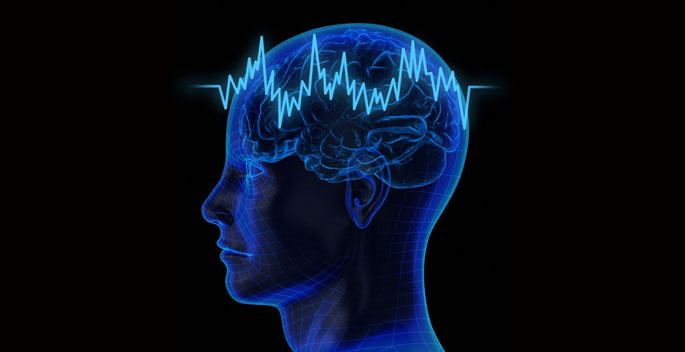
Electric “thinking cap” controls learning speed
Vanderbilt psychologists show it is possible to selectively manipulate our ability to learn through the application of a mild electrical current to the brain, and that this effect can be enhanced or depressed depending on the direction of the current. Read MoreMar 21, 2014
-
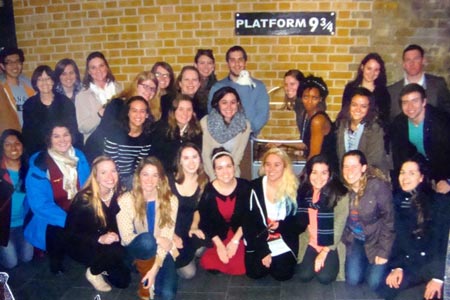
Harry Potter-themed psychology class travels to England
Harry Potter was the theme of a unique undergraduate psychology class taught by two Vanderbilt professors in Oxford, England over spring break, March 1-9. Read MoreMar 20, 2014
-
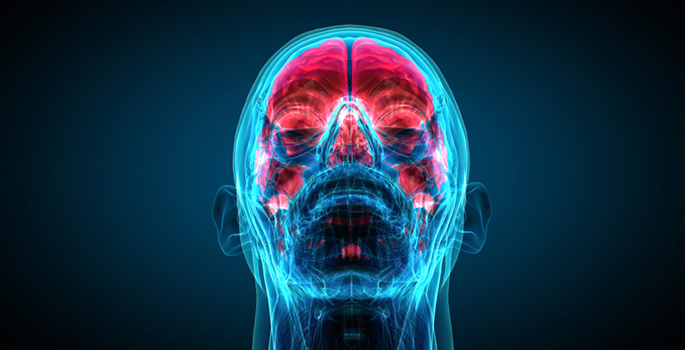
Brain mapping confirms patients with schizophrenia have impaired ability to imitate
A brain-mapping study of patients with schizophrenia has found that areas associated with the ability to imitate are impaired, providing new support for the theory that deficits in this basic cognitive skill may underlie the profound difficulty with social interactions that characterize the disorder. Read MoreMar 14, 2014
-

Thesis documenting discovery of famous psychological effect donated to Vanderbilt
The original thesis of John Ridley Stroop, who discovered one of the most famous tasks in cognitive psychology while studying for his doctoral degree at Peabody College, was donated to Vanderbilt by his son Fred. Read MoreMar 3, 2014
-
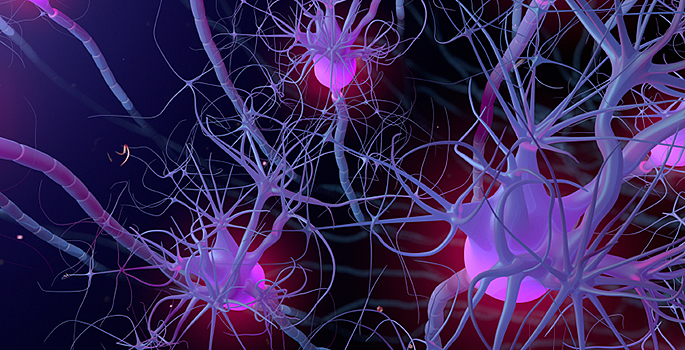
In the brain, the number of neurons in a network may not matter
A study has found that the time it takes neural networks in the brain to make decisions is remarkably stable regardless of size: a finding that could make it easier to achieve the goal of the President's BRAIN Initiative established last spring. Read MoreFeb 3, 2014
-

Kudos: Read about faculty and staff awards and achievements
Read about faculty and staff awards and achievements in the latest edition of "Kudos." Read MoreJan 10, 2014
-

Peabody faculty recognized for public influence in ‘Ed Week’ ranking
Members of Vanderbilt Peabody College of education and human development faculty were named in the 2014 Edu-Scholar Public Presence Rankings, which recognizes university-based academics who are contributing substantially to public debates about K-12 and higher education. Read MoreJan 8, 2014
-

Top 10 research stories of 2013
This year’s most popular research stories plumbed mysteries of the brain, examined complex social phenomena, shed light on dark matter, uncovered a surprising link between our three greatest health threats and more. Read MoreDec 23, 2013
-

Study gives new meaning to ‘let your fingers do the walking’
A new study has found that skilled typists can’t identify the positions of many of the keys on the QWERTY keyboard and that novice typists don’t appear to learn key locations in the first place. Read MoreDec 4, 2013
-

Math education expert selected for NGA roundtable
Peabody's Bethany Rittle-Johnson was one of a select group of education professionals invited to participate in the National Governors Association Expert Roundtable for Strengthening Early Mathematics Education. Read MoreDec 3, 2013
-
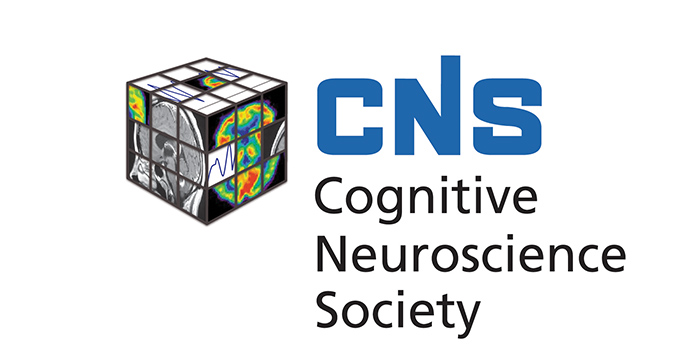
Jon Kaas wins major neuroscience award
Jon Kaas is the 2014 recipient of the George A. Miller Prize in Cognitive Neuroscience, which recognizes individuals whose research has had a revolutionary impact on the field. Read MoreNov 14, 2013
-
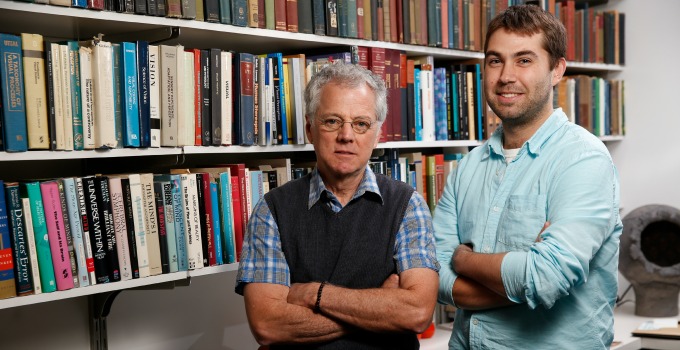
Even in the dark, brain “sees” its own body’s movement
With the help of computerized eye trackers, new research finds that at least 50 percent of people can see the movement of their own hand even in the absence of all light. Read MoreOct 30, 2013
-

VUCast: A wireless capsule and hallucinating without drugs
See how a wireless capsule could help during minimally invasive surgeries Why magnesium and vitamin D are a match made in heaven And do you really see the S in the USA network logo? Watch this QuickVU roundup of research stories. [vucastblurb]… Read MoreOct 30, 2013
-

Live Science: Conservatives and liberals equally smug, study finds
New research by postdoctoral fellow Kaitlin Toner suggests liberals and conservatives are about equally convinced of the correctness of their views, but extremists are more likely than moderates to feel their views are superior. Read MoreOct 9, 2013
-
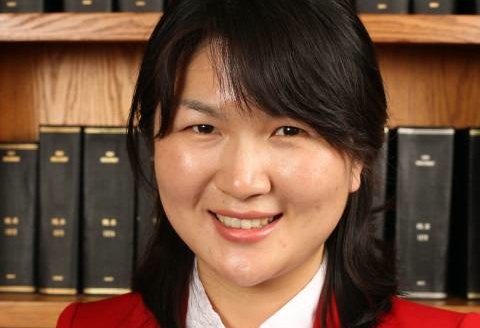
Cho receives prestigious National Academy of Education fellowship award
Sun-Joo Cho, assistant professor of psychology and human development at Vanderbilt’s Peabody College of education and human development, has been named a 2013 National Academy of Education (NAE)/Spencer Postdoctoral Fellow. Read MoreOct 1, 2013
-
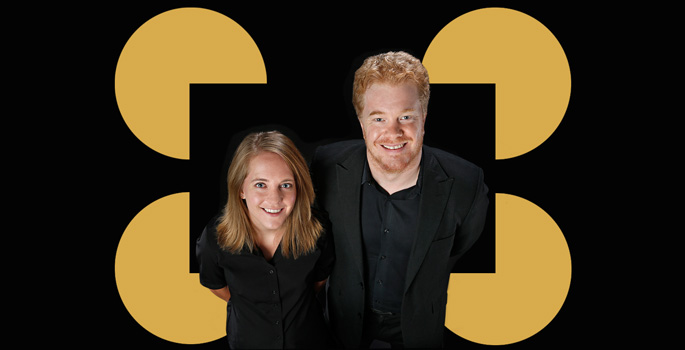
Finding the place where the brain creates illusory shapes and surfaces
Neuroscientists have identified the location in the brain's visual cortex responsible for generating a common perceptual illusion: seeing shapes and surfaces that don't really exist when viewing a fragmented background. Read MoreSep 30, 2013
-

Two Vanderbilt professors part of PBS series ‘Brains on Trial’ Sept. 11 and 18
Research conducted at Vanderbilt is featured in "Brains on Trial with Alan Alda," a two-part televised series airing Sept. 11 and Sept. 18 on PBS that explores how the growing ability to separate truth from lies may radically affect the way criminal trials are conducted in the future. Read MoreSep 5, 2013
-
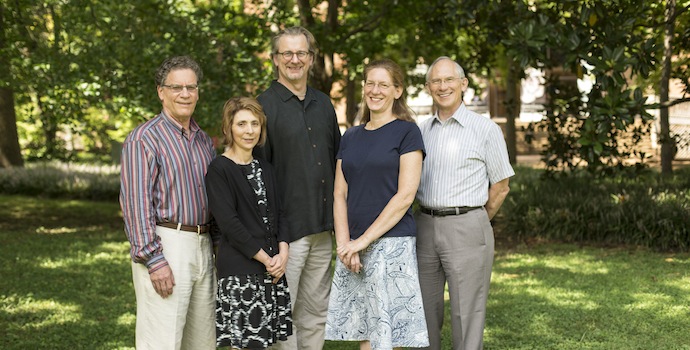
$10M grant establishes center to boost outcomes for children with learning disabilities
A team of Vanderbilt professors will develop new math and reading strategies aimed at improving student success with the support of a new $10 million federal grant. Read MoreAug 27, 2013
-
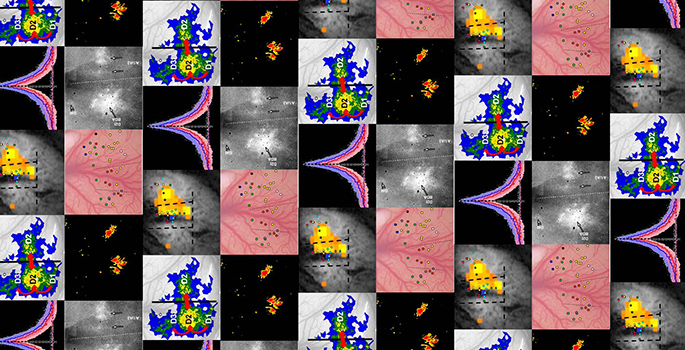
Validating maps of the brain’s resting state
A team of Vanderbilt researchers has provided important validation of maps of the brain at rest that may offer insights into changes in the brain that occur in neurological and psychiatric diseases. Read MoreJun 19, 2013